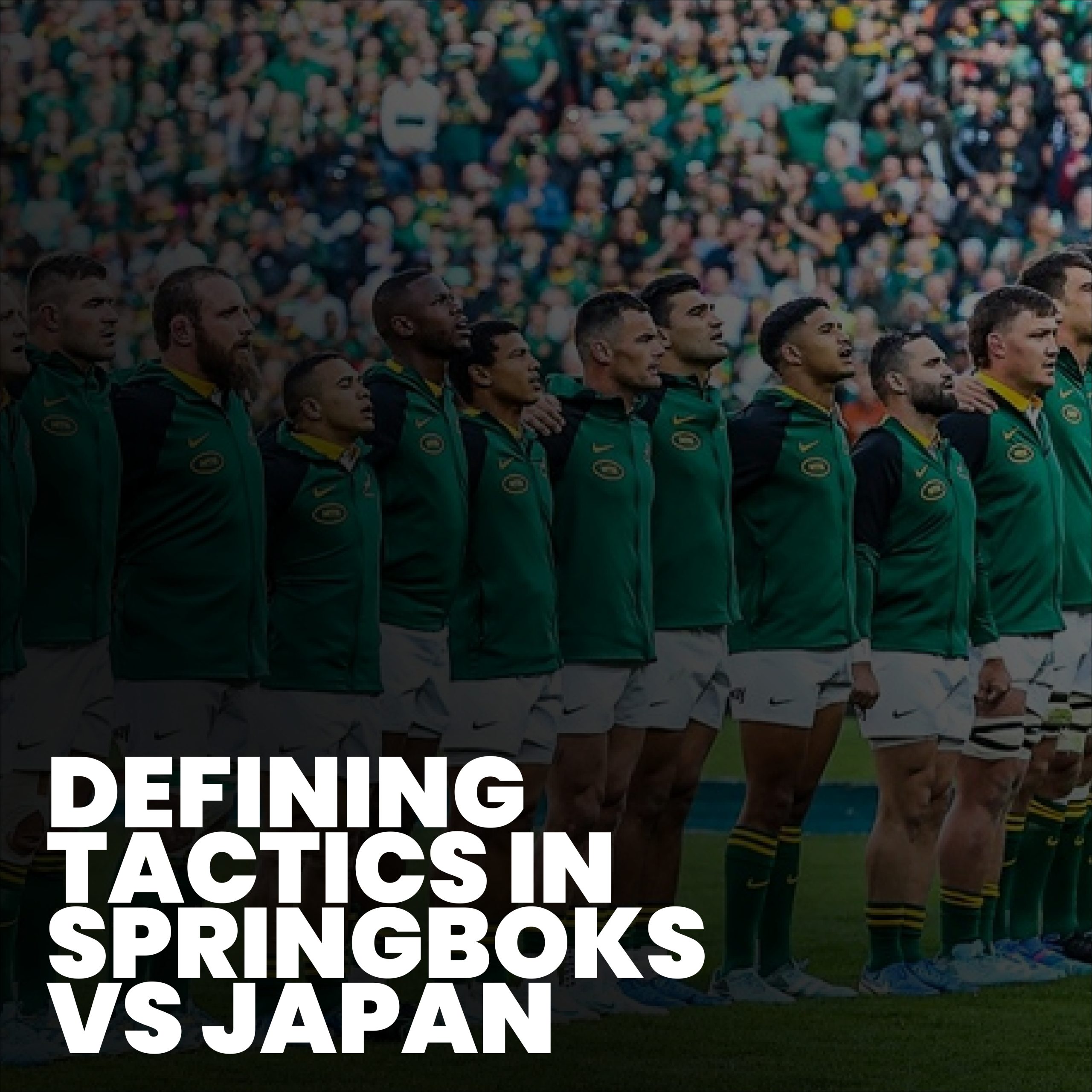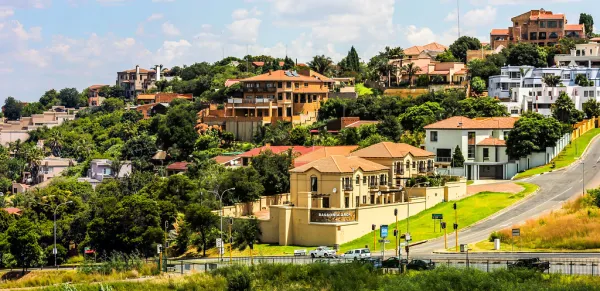Introduction
South Africa G20 is at the center of an international conversation after the United States announced it would step back from the Johannesburg summit. President Cyril Ramaphosa’s response — labelling the boycott “their loss” — is meant to reassert the summit’s importance and Africa’s voice in global affairs. This piece offers ten powerful insights into how the boycott affects agenda setting, diplomatic leverage, economic outcomes, and regional influence. Readers will get concise, practical analysis about what the Johannesburg event might produce and how participating countries can shape its legacy despite high-profile absences.
South Africa G20: Insight 1 — Hosting as leverage
South Africa G20 highlights hosting as diplomatic leverage. The act of convening major economies allows the host to place priority issues on the agenda and to convene technical expert groups. Johannesburg’s presidency can shape discussion topics, determine event formats, and coordinate bilateral corridors. These levers enable South Africa to elevate regional issues like debt relief and climate adaptation. For hosts, moderation of proceedings and skilled diplomacy are vital to translate convening power into substantive outcomes that benefit the region and reinforce the host’s standing.
South Africa G20: Insight 2 — The cost of absence
South Africa G20 reveals the cost when a major power is absent: messages may be sent successfully, but influence over detailed outcomes is diminished. The U.S. boycott reduces Washington’s capacity to directly shape communiqués or commit to shared financing arrangements. That said, technical officials and private sector actors can still participate in working groups, partially offsetting the absence. The trade-off is stark: protest versus participation. Ramaphosa’s “their loss” framing stresses that engagement typically offers greater leverage than symbolic protest.
South Africa G20: Insight 3 — Coalition building matters
South Africa G20 illustrates that coalitions determine outcome strength. Without unanimous buy-in, communiqués reflect the views of the present majority. South Africa must work with allies and willing partners — in the EU, Africa, Asia and Latin America — to build consensus on financing and policy language. Effective coalition building requires pre-summit diplomacy, shared technical briefs, and a readiness to compromise on language while defending core priorities. These coalition dynamics will shape whether Johannesburg yields implementable commitments.
South Africa G20: Insight 4 — Domestic optics and political messaging
South Africa G20 is as much about domestic optics as international results. Ramaphosa must satisfy domestic audiences that the government can host a high-stakes event and defend national dignity. His “their loss” remark serves domestic politics: it reassures citizens that South Africa will not be diminished by external pressure. Simultaneously, the presidency needs to demonstrate management competence — security, logistics and civic inclusion — to ensure local support for the event and its outcomes.
South Africa G20: Insight 5 — Technical working groups carry weight
South Africa G20 shows that technical working groups and ministerial meetings often deliver the substance behind leaders’ statements. Even if heads of state miss some interactions, ministers and experts can negotiate frameworks and implementation details. Johannesburg should prioritize well-staffed technical sessions that produce concrete plans on infrastructure finance, supply chains, and energy transition. These deliverables are the durable output of summits and can be advanced regardless of a single political boycott.
South Africa G20: Insight 6 — Global south influence
South Africa G20 demonstrates the growing influence of Global South voices in global governance. Hosting in Johannesburg offers visible proof that developing economies seek a larger role in agenda setting. If the summit yields credible commitments on debt relief or climate finance, it can mark a shift toward more balanced global policy priorities. Ramaphosa’s posture amplifies that narrative: the summit is a platform for Southern priorities to be heard and operationalised.
South Africa G20: Insight 7 — Private sector momentum
South Africa G20 highlights the private sector’s role in converting commitments into projects. Business leaders, financiers and investors attending parallel events can pledge capital for infrastructure, energy projects, and supply-chain investments. Mobilising private finance is essential to implement many summit priorities. The presidency should therefore create pathways for public-private partnerships, demonstrating how summit outcomes link directly to investment pipelines and job creation.
South Africa G20: Insight 8 — Diplomacy of optics vs. substance
South Africa G20 underscores the balance between optics and substance. Headlines about boycotts dominate attention, but the substantive work occurs in negotiations and technical agreements. Ramaphosa’s messaging seeks to manage optics so that substantive work proceeds unimpeded. The success of Johannesburg will be judged not by soundbites alone but by whether the summit’s commitments lead to policy changes, funding pledges, and implementation roadmaps.
South Africa G20: Insight 9 — Monitoring and accountability
South Africa G20 shows that monitoring mechanisms are crucial. Commitments without clarity on oversight or timelines risk being symbolic. Johannesburg should set up monitoring frameworks — joint task forces, reporting timetables and public dashboards — to track progress. Accountability mechanisms increase the credibility of summit pledges and maintain international pressure for implementation.
South Africa G20: Insight 10 — Reframing engagement after boycotts
South Africa G20 suggests reframing engagement even after high-profile absences. Diplomatic openings can be created post-summit: ministerial follow ups, technical exchanges with absent parties, and inclusive forums that bring technical U.S. staff into the conversation. Ramaphosa’s “their loss” line leaves diplomatic space for later reengagement. A practical, patient approach that prioritises deliverables can recover lost ground and restore constructive involvement.
FAQs
Q: Is the boycott permanent?
A: Not necessarily — boycotts are political signals and may be followed by targeted reengagement; the summit can still facilitate follow-up talks.
Q: Does the South Africa G20 lose importance without the U.S.?
A: The summit remains important; attending members can still craft meaningful outcomes, though U.S. buy-in increases global impact.
Q: Can Johannesburg still secure finance pledges?
A: Yes — through coalition building and private sector engagement, the summit can mobilise meaningful financing commitments.
Conclusion
South Africa G20 offers ten powerful insights into how high-stakes diplomacy works in practice. Ramaphosa’s “their loss” response is a strategic effort to preserve influence and keep the summit focused on deliverables. Ultimately, Johannesburg’s success will depend on pragmatic coalition building, transparent follow-up mechanisms, and the effective mobilization of public and private resources




